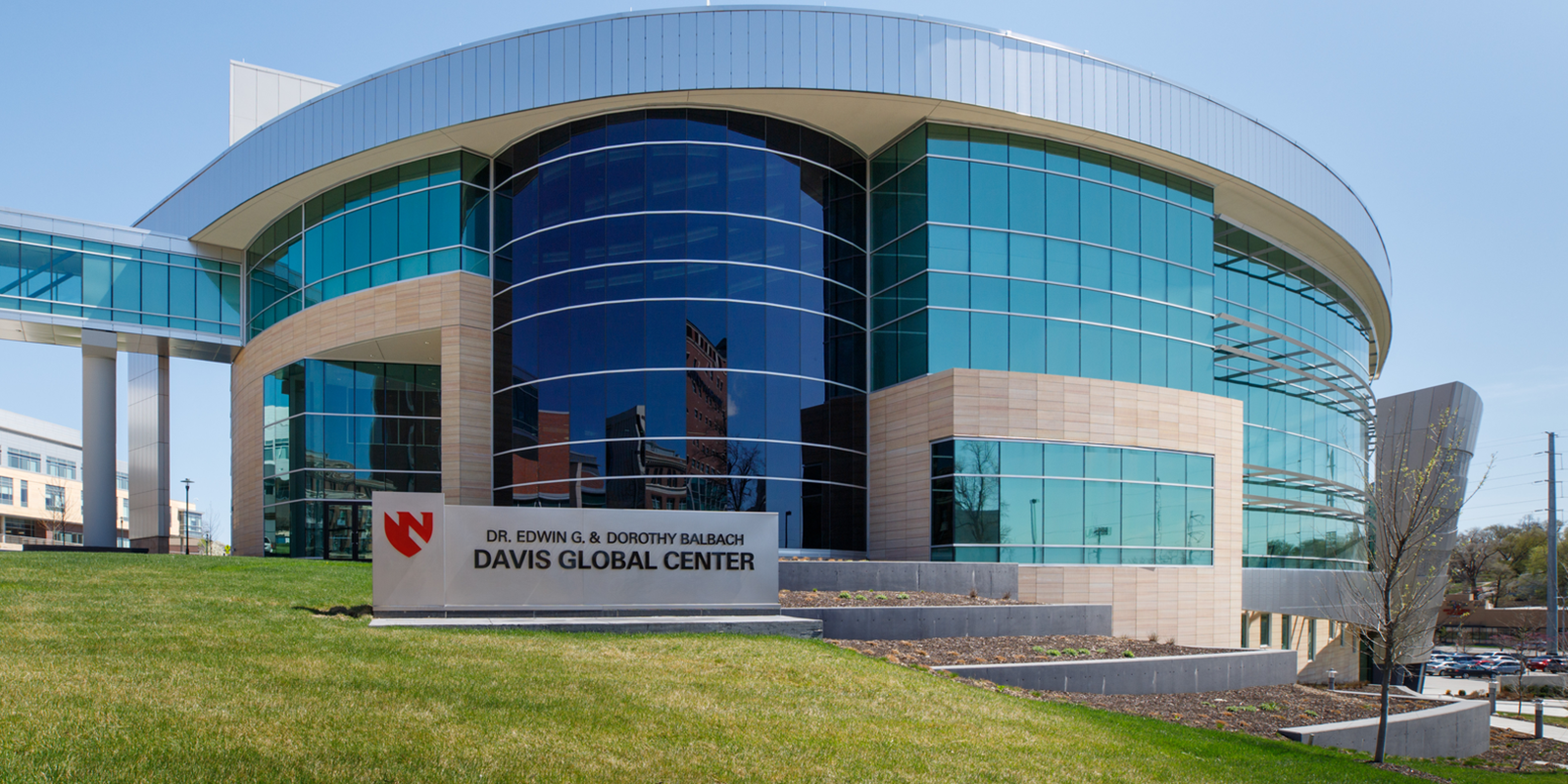
Partnerships
Partnerships
Amref International University
Amref International University (AMIU) is an accredited institution of higher learning focused on training in health sciences and is fully owned by Amref Health Africa. AMIU is founded on the experience and intellect of Amref Health Africa, which is reputed with over 60 years of quality and innovative public and community health interventions, training, and education. AMIU has nurtured leaders and shaped the future of public health practice in Africa for over 40 years under its predecessor, Amref International Training Centre (AITC).
Learn MoreAfrica Centres for Disease Control & Prevention
Africa CDC strengthens the capacity and capability of Africa’s public health institutions as well as partnerships to detect and respond quickly and effectively to disease threats and outbreaks, based on data-driven interventions and programmes.
Learn MoreBioinformatic Research Education Pipeline
The Bioinformatic Research Education Pipeline is part of the US Army Medical Research Institute of Infectious Diseases. This program is preparing the next generation of talented young scientists ready to step up to work in Department of Defense next-generation sequencing technologies for immunology, genomics and infectious disease research. Bioinformatics Research Education Pipeline products will protect U.S. service members from biological threats and test deployable therapies.
Learn MoreCenter for Staphylococcal Research
At UNMC's Center for Staphylococcal Research (CSR), nationally-lauded clinicians and scientists work on innovative strategies – for example investigating how ultrasound-mediated microbubbles, when combined with antibiotics, can be used to knock staph bacteria biofilm away from heart valves – for fighting deadly staph infections. This is the nation’s first research center dedicated to staphylococcal research and translational treatment strategies.
Learn MoreGlobal Infectious Disease Preparedness Network
Partnering with institutions with high-level isolation units in Singapore, Germany, South Korea, and China, GIDPN is developing a clinical trials network and clinical response force to ensure a rapid exchange of information and resources during pandemics. The goal: Local and worldwide health system and public health preparedness.
Learn MoreInfectious Disease Institute - Makerere University
Infectious Diseases Institute (IDI) is a national, non-profit organisation wholly owned by Makerere University. Established over 20 years ago in response to Africa’s HIV crisis, IDI emerged when treatment and prevention interventions were becoming available in the West. IDI is a leading partner of the Ugandan Ministry of Health, responsible for about 20% of all people on antiretroviral therapy (ART) in Uganda. With operations in 92% of Uganda’s districts and strategic partnerships in 23 African countries and nine others worldwide, we gain diverse insights to develop tailored solutions for local communities.
Learn MoreJumuiya Economic Development Secretariat
The Jumuiya Economic Development Secretariat (JEDS) is the regional economic development agency representing the six (6) Kenya Coastal Counties (Mombasa Kwale, Kilifi, Tana River, Lamu and Taita Taveta). Led by the six-member County Governors, the Secretariat is mandated with coordinating socio-economic and socio-political regional cooperation initiatives, policy harmonization, promotion and investment facilitation of the regional assets. Jumuiya Economic Bloc is the leading high growth trade and logistics cluster node for East and Central Africa with a population of 4.5 million. Key growth sectors include Agriculture, Trade & Industries, Tourism, and Health
Learn MoreKenya Vision 2030 Delivery Board and Secretariat
The Vision 2030 Delivery Board was established to oversee the implementation of the Kenya Vision 2030 (the country’s long term blue print) whose goal is to transform Kenya into a newly industrializing , globally competitive and prosperous upper middle-income country with a high quality of life for all citizens by 2030. The Kenya Vision 2030 is structured under three pillars namely the Economic, Social and political pillars anchored under the national values and enabling infrastructure as the foundations.
Learn MoreNational Strategic Research Institute
One of only 15 University Affiliated Research Centers (UARC) in the country designated by the U.S. Department of Defense, the National Strategic Research Institute (NSRI) works to ensure U.S. safety and preparedness against increasingly sophisticated threats. It is a non-profit research institute sponsored by U.S. Strategic Command and affiliated with the University of Nebraska System.
Learn MoreNebraska Drug Discovery & Development Pipeline
This National Strategic Research Institute (NSRI) project aims to turn the University of Nebraska into what one UNMC scientist calls “a virtual pharmaceutical company.” The Defense Health Agency, in collaboration with Armed Forces Radiobiology Research Institute, has tasked the National Strategic Research Institute with moving potential drug candidates toward clinical trials – and funded the effort with a five-year, $11 million grant titled the Nebraska Drug Development Pipeline.
Learn MoreNigeria Preparedness Initiative
When Nigeria reached out to the U.S. government for expertise in preparing for an Ebola outbreak, the Department of Defense turned to UNMC and the Global Center for Health Security. The result was the Nigeria Biopreparedness Initiative, a collaboration of the Joint Africa Research Group, U.S. and Nigerian military, and other affiliated researchers and clinicians. Nigerian clinicians have since been trained in the “Nebraska Method” for health system preparedness and safely treating high-consequence infections.
Special Pathogens Research Network
SPRN is a network of U.S. institutions with high-level clinical isolations units that are committed to the development and maintenance of rapid response clinical research infrastructure. The GCHS leads the SPRN with the network Director at UNMC and with core network central IRB infrastructure being housed at UNMC. The network has been leveraged and funded by federal agencies such as NIH and BARDA as well as industry to rapidly implement special pathogens clinical trials and expand access investigational new drug protocols. The network receives longitudinal extramural funding through the National Emerging Special Pathogen Training and Education.
Learn MoreWorld Health Organization- African Region
The WHO African Region (AFRO) is one of six regional offices of the World Health Organization (WHO) and serves 47 member states across the African continent.
Learn More